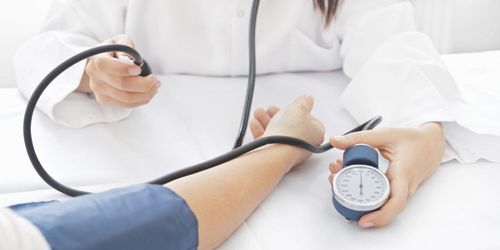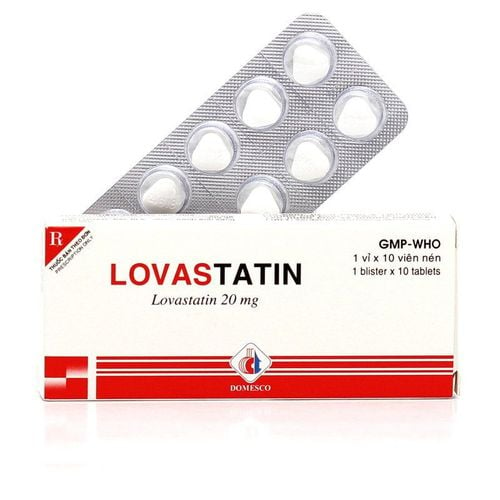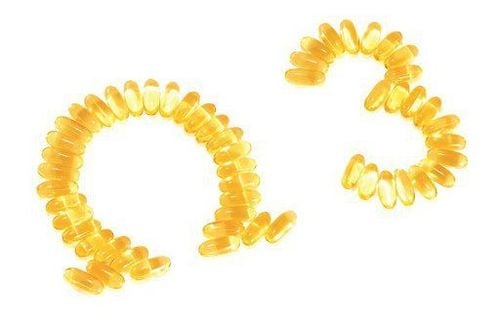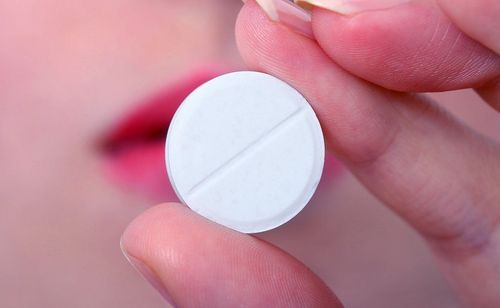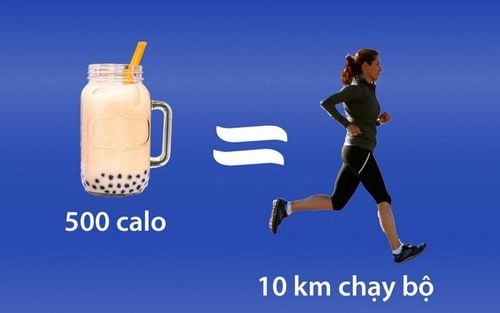This is an automatically translated article.
Your fitness is key to an active lifestyle. You depend on strength, skill and endurance, whether you're dribbling or making the final push across the finish line. Like a car, your body will win when it comes to running without the right fuel. You must take special care to get enough calories, vitamins and other nutrients to provide energy.1. What is sports nutrition?
When you're physically active, your body uses more energy (calories). This can help with weight control, or if you don't want to lose weight, you may find yourself needing more food to replace expended energy. It is important to stay hydrated.Eating well for physical activity can provide many benefits including:
Allows you to perform well in your chosen sport or activity; Reduce the risk of injury and illness; Ensures the best recovery after exercise or a workout program. However, the diet that is best for an individual will depend on the amount and intensity of activity. This can range from people who are just starting to be more active, people who meet activity guidelines (150 minutes of moderate activity per week), people who are active at a higher level (such as people training for an endurance event such as a marathon or doing organized team sports) or professional athletes. For professional athletes, getting personalized nutrition advice from a qualified sports nutritionist or nutritionist can be an important part of supporting their workouts.

Khi hoạt động thể thao, bạn phải đặc biệt chăm sóc để có đủ calo, vitamin và các chất dinh dưỡng khác cung cấp năng lượng
2. Sports activities when losing weight
Physical activity will increase your energy expenditure (calories you use), as energy is required during exercise to fuel the muscles that contract, increase breathing, and heart rate. and metabolism.It is very difficult to lose weight just by being more active and it is still important to control calorie intake to control weight. The most effective weight loss programs include both controlled diet and increased physical activity. It's also important to be active to maintain weight after losing weight. A study of people in the US who had successfully maintained a weight loss regimen found that they tended to be active for about an hour a day (usually walking) and spend less time on sedentary activities such as watch TV in free time.
The benefits of physical activity are not only burning calories, but can also help maintain muscle as you lose weight and increase muscle mass. We also know that being physically active and spending less time sitting can reduce the risk of certain chronic diseases, such as heart disease.
3. Diet for sports people
3.1. Carbohydrates The main role of carbohydrates in physical activity is to provide energy. For athletes, if their diet does not contain enough carbohydrates, their ability to function and recover will be impaired, as carbohydrates are important fuel for the brain and muscles during exercise. practice.The body can store carbohydrates in the muscles and liver in the form of glycogen, and use these stores as a source of fuel for physical activity. These glycogen stores are limited, so for those who train at a high level, it is important to be adequately fueled at the start of any exercise. Glycogen is the primary source of energy at the start of exercise and during short periods of exercise. If you're exercising intensely for long periods of time and your glycogen stores aren't enough, you may feel fatigued, lack energy, and not be able to function at your best. So regularly eating carbohydrate-rich foods can be important in this case to keep the stores stocked. Choosing the right foods can help ensure your body has enough energy to function, as well as aid in recovery.
Starchy foods are an important source of carbohydrates in our diet. Whole grains also provide fiber, a range of vitamins and minerals including B vitamins, iron, calcium and folate. Sugar is also a carbohydrate and the amount of 'free sugars' (those added to foods and drinks or in juices, honey and syrups) we should limit.
The amount of carbohydrates you need will depend on the frequency, type, duration and intensity of physical activity you do. Competitive athletes and athletes will likely require more carbohydrates than the average exerciser to match the intensity of their activity.
For athletes and individuals who are performing at a higher level of recreational activity (e.g., training for a marathon), consuming additional carbohydrates may benefit performance. Athletes may benefit from eating some carbohydrates both before and after exercise to ensure adequate carbohydrate intake at the start of exercise and to replenish glycogen stores post-workout. For longer periods, intense exercise (60-90 minutes or more), such as a soccer match or marathon, consuming certain carbohydrates during exercise can also improve performance, such as in the form of sports drinks.
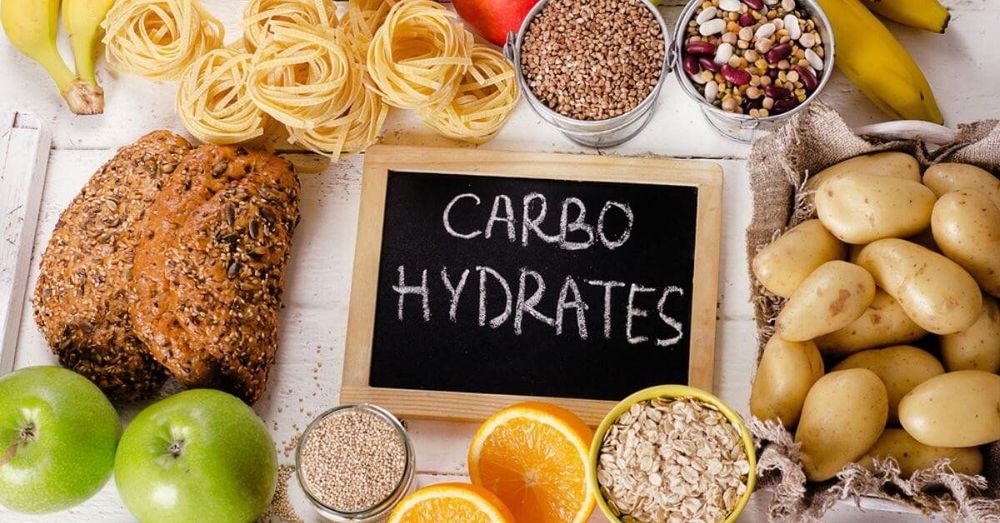
Vai trò chính của carbohydrate trong hoạt động thể chất là cung cấp năng lượng
Because some protein-rich foods can also be high in saturated fat, e.g. fatty meats or higher-fat dairy products, it's important to choose lower-fat options, such as such as lean meat. Most vegans get enough protein from their diets, but it's important to consume a variety of plant-based proteins to make sure you're getting all the essential amino acids. This is called the complement action of the protein.
3.3. Fat Fat is needed by the body in small amounts, but it is also high in calories. Consuming too much fat can lead to excess calories that lead to weight gain over time, so this is a particular concern if you are trying to control your weight. The type of fat consumed is also important. High-fat foods often contain a mixture of saturated and unsaturated fatty acids, but choosing foods with higher amounts of unsaturated fat and less saturated fat would be preferable since most of us are overweight. eat too much saturated fat.
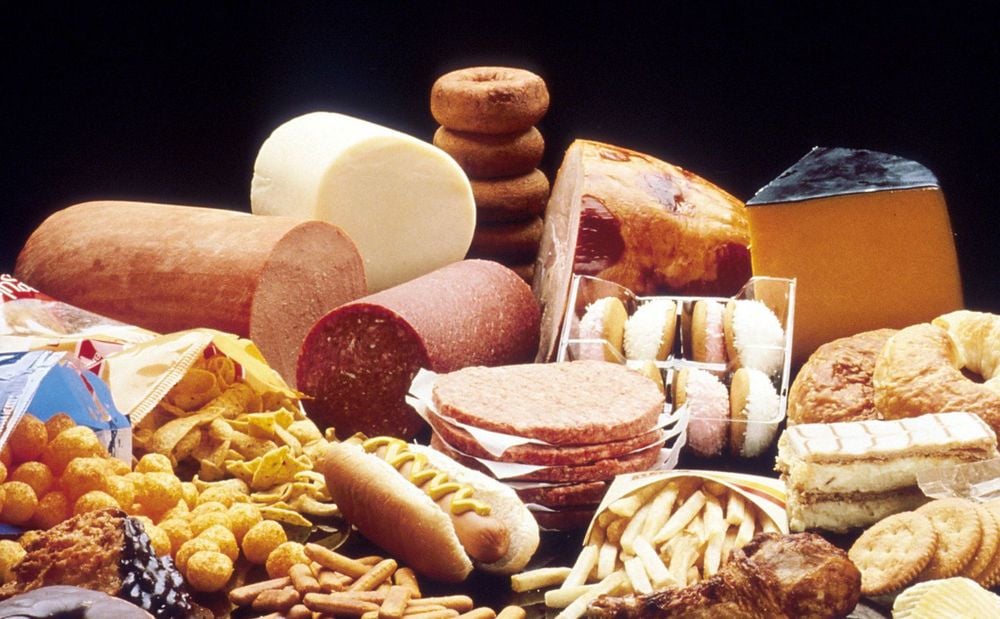
iêu thụ quá nhiều chất béo có thể dẫn đến lượng calo dư thừa dẫn đến tăng cân theo thời gian, vì vậy đây là một mối quan tâm đặc biệt nếu bạn đang cố gắng kiểm soát cân nặng của mình
4. If I'm doing endurance training, should I follow a low-carbohydrate, high-fat diet?
Carbohydrates are important as an energy source during exercise. May cause very low carbohydrate intake with exercise; low energy levels; distraction; dizziness or irritability.Because carbohydrates are so important for providing energy during exercise, it is beneficial to ensure adequate consumption. This is especially true for high-intensity workouts, where some studies have shown that performance is impaired when carbohydrate intake is low. Several studies in specific exercise situations, such as lower-intensity interval training in endurance runners, have found beneficial effects of low-carbohydrate diets on performance. However, these results are inconsistent and, therefore, we currently do not have sufficient evidence to demonstrate that a low-carbohydrate diet can be beneficial for athletic performance.
5. How to stay hydrated
Water is essential for life and hydration is important for health, especially in athletes and physically active people, who will have higher needs. Drinking enough water is essential to maximize exercise performance and ensure optimal recovery. Exercise raises body temperature and so the body tries to cool down by sweating. This causes water and salt loss through the skin.An individual's amount of sweat varies from person to person and depends on:
Intensity and duration of exercise - intense and longer exercise can cause more sweat loss. Ambient temperature: in hot and humid conditions, perspiration loss may increase. Clothing: the more clothes you wear, the more likely you are to heat up and cause more sweat loss. Genetics: some people sweat more than others. In general, the more a person sweats, the more they need to drink. Average sweat rate has been estimated to be between 0.5–2.0 L/hr during exercise.
Dehydration can cause fatigue and affect performance by reducing strength and aerobic capacity (especially when exercising for long periods of time). So especially when exercising at a higher level or in warmer conditions, it's important to try to stay hydrated before, during, and after exercise to prevent dehydration.

Nước cần thiết cho sự sống và hydrat hóa rất quan trọng đối với sức khỏe, đặc biệt là ở các vận động viên và những người hoạt động thể chất
6. Some nutritional drinks for sports people
Sports Drinks: Sports drinks contain carbohydrates in the form of glucose, as well as electrolytes such as sodium. Sodium will replace the amount lost through sweating and promote rehydration, and glucose will replenish carbohydrate stores. Sports drinks have been shown to enhance endurance and recovery for active people performing endurance exercises for longer periods of time (60 minutes or more) (e.g. participating in a marathon). However, it's important to remember that sports drinks, like other soft drinks, contain sugar. This means they can be high in calories and contribute to tooth decay, so they are only suitable if participating in high-endurance sports or if you lose a lot of sweat. Milk: Skim or semi-skimmed milk has been used in some studies as a post-exercise recovery drink. It contains minerals that can replace those lost through sweat, as well as provide nutrients related to muscle function and bone health (potassium and calcium). It also naturally contains high-quality protein and some carbohydrates in the form of lactose, and is relatively inexpensive. Energy drinks: are not designed to replace electrolytes lost in sweat and may contain other ingredients with stimulant properties, such as caffeine. Since some are high in sugar, they can increase the risk of tooth decay and contain energy, which can cause weight gain if consumed in excess.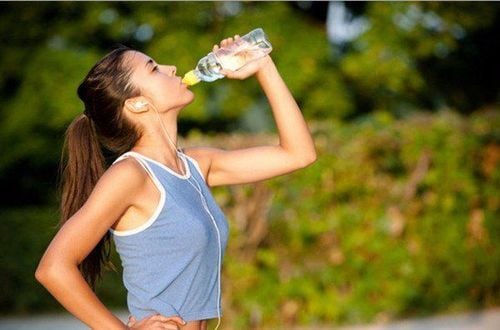
Đồ uống thể thao đã được chứng minh là giúp tăng cường sức bền và phục hồi cho những người năng động thực hiện các bài tập sức bền trong thời gian dài hơn
7. Do sports people need protein supplements to build muscle?
A common myth is that consuming excess protein will give people bigger muscles. Oftentimes, exercise participants focus on eating a lot of protein, and therefore may not get enough carbohydrates, which are the most important source of energy for exercise. The main role of protein in the body is growth, repair, and maintenance of body cells and tissues, such as muscles. 15-25g of high-quality protein, proven to be sufficient for optimal muscle protein synthesis after any exercise or session, is for most people and any excess protein ingested will be used to generate energy. Daily protein recommendations are set equally for both endurance and resistance athletes, so higher intakes are not recommended even for those just trying to build muscle corn. Any protein more than this amount will not be used to build muscle and is only used for energy.Therefore, while gym goers, protein supplements are becoming increasingly popular for building muscle, but are generally not necessary. For most active people, the body's protein needs can be easily achieved from a healthy, varied diet, with good choices of high-quality, high-protein foods included. main meals and snacks. However, after competition or an intense training session, a high-quality protein powder may be a more convenient and easier to transport method of recovery when the body has limited access to food or if an individual has limited access to food. Individuals do not feel hungry during exercise and can be effective for muscle maintenance, growth and repair.
Any questions that need to be answered by a specialist doctor as well as customers wishing to be examined and treated at Vinmec International General Hospital, please contact the Website for the best service.
Please dial HOTLINE for more information or register for an appointment HERE. Download MyVinmec app to make appointments faster and to manage your bookings easily.




